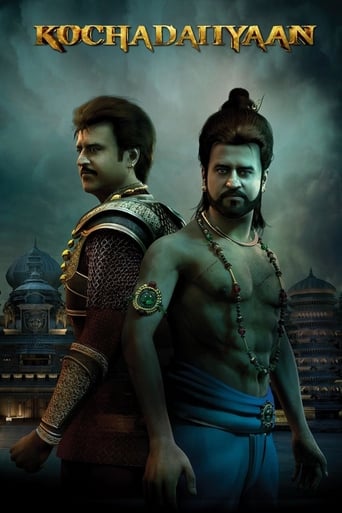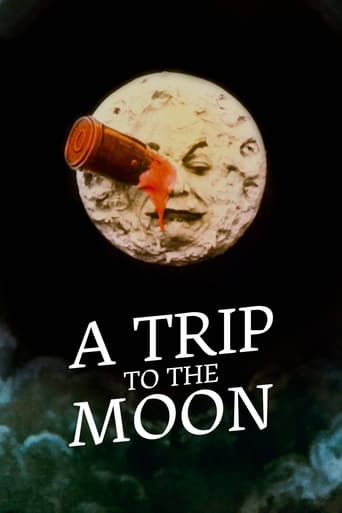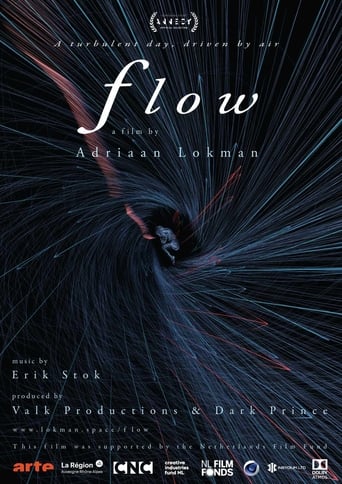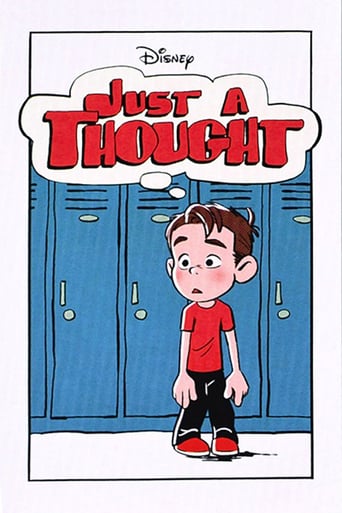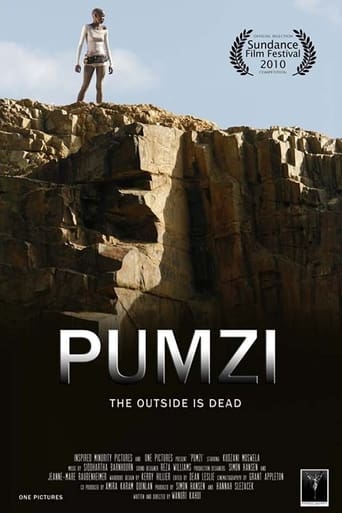

Pumzi (2009)
A sci-fi film about futuristic Africa, 35 years after World War III, 'The Water War'.
Watch Trailer
Cast
Similar titles
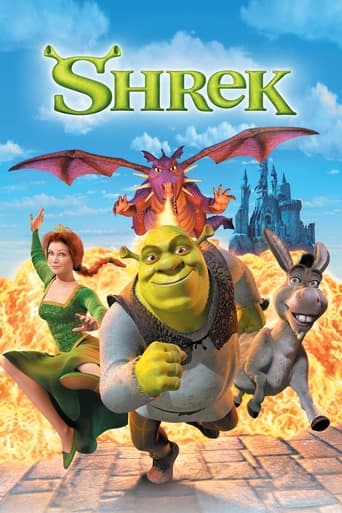
Reviews
I don't have all the words right now but this film is a work of art.
Good story, Not enough for a whole film
what a terribly boring film. I'm sorry but this is absolutely not deserving of best picture and will be forgotten quickly. Entertaining and engaging cinema? No. Nothing performances with flat faces and mistaking silence for subtlety.
The acting in this movie is really good.
"Pumzi" is a 22-minute science fiction short film from South Africa and Kenya. However, you only need to speak English to understand what is going on in this work written and directed by Wanuri Kahiu. Or maybe not as the only interesting thing about this is the unusual premise of a futuristic film set on the Black Continent. The contents weren't better than in any other mediocre and generic science fiction film. Strange voices and modern set designs like in a world of glass simply won't cut the cake anymore. I cannot say that I found the story here remotely interesting. This is really a pity as, just like I wrote, this could have been a truly different and mesmerizing experience. Instead, it's more of the usual. Not recommended.
This short film holds emotional punch played out against a surprising amount of seamless (as opposed to obtrusive) world building. Kudzani Moswela's acting made me feel a character instead of see an actress. The sets, locations, and costumes were superb. The writing was well-done and kept me tantalized up to and past the ending.Sometimes when you say a short film needs to be a movie, you are criticizing it for picking up a story with too large a scope to properly fit the medium. Pumzi doesn't need to be a movie; it deserves to be a movie. Also, someone get Kudzani into another film.No question the best science fiction short I have ever seen. The fact this was created by a small Kenyan company makes it that much more incredible.
Just over 20 minutes long, this movie short from Kenya is set in a post-apocalyptic future where a global war has rendered the surface of the Earth dangerously radioactive and completely barren. The remnants of the human population live underground and are ruled by a repressive technocratic state that outlaws daydreaming in case it encourages independent thinking and innovation. In this environment Asha (Kudzani Moswela) works as a curator at the Virtual Reality Museum where she grows hydroponic plants. One day she receives a parcel with no return address. She opens it and finds soil inside that's not radioactive and has a high water content. Impossible, she knows – but she pops some of the soil into a jar, pours water into it and inserts one of her hydroponic plants into the soil. Instead of going black and wilting to death, the plant starts to germinate. Asha reports her findings to her superiors via a PC-conferencing keyboard that vocally pronounces her thoughts and reproduces her dreams visually, and requests an exit visa to leave her part of the warren and travel to the area where the soil sample was found by the unknown parcel-sender. Incensed, Asha's superiors order her arrest and the destruction of her work. Guards quickly arrive in the Museum to smash things and take her into custody. Helped by a janitor (Charlotte Burger), Asha retrieves a compass, her plant and her water bottle and escapes her underground home into the desert.The dystopian future world where Asha lives and works is beautifully and starkly presented: it's a minimalist and sterile arena where everyone looks and dresses the same. Every single drop of water or its derivation must be saved so when Asha uses the communal bathroom or works up a sweat exercising on the gym equipment which is designed to convert human energy into kinetic energy for electricity, she must pop the waste product into a steriliser and use the purified water. Sooner or later she's going to run out of water as every time she recycles it, some of it must be lost through her metabolism as water vapour in the air she breathes out. So she'd have to buy a new supply of water and that would put her in debt to the totalitarian state. Clever idea! We see just a small part of this society but as it deals with such deeply personal issues as conserving and recycling your own body wastes, it tells us much about the control the state exercises over Asha and the other humans without any need for voice-over exposition or dialogue between characters. Asha and the people she interacts with show very little emotion – being poker-faced here may mean the difference between life and death – but we get a sense of Asha's desperation as she becomes a fugitive to preserve the few freedoms she has: freedom to dream, freedom to hope for a different future, freedom to investigate and follow a particular area of scientific research and to bring possible benefits to others.Moswela's acting is spare and precise; the camera often focuses on her face as emotions flit quickly over her eyes and cheeks, or on her long slender fingers as she opens the parcel, puts the soil into the jar and then the plant inside. She bridges the two halves of the film, the first half taking place underground and the second half featuring her travels in the harsh desert seeking the tree of her dreams. Asha's wanderings look like the stuff of allegory, referencing perhaps the wanderings of Jesus in the desert for 40 days and nights subject to the Devil's temptations, or the hardships Siddhartha Gautama put himself under before he found enlightenment and became the Buddha. She meets with superficial triumph followed by despair but never gives up hope for her plant. Some viewers can guess in advance what happens to Asha but her context leaves her with virtually no options.Preservation of the earth's resources is a strong theme as is also the relationship of an individual to the State and how the State can have a stranglehold over people's bodies, thoughts, imagination and behaviour. There is much symbolism as well: the plant represents hope, the future and the regeneration of life among other things; its germination paradoxically puts Asha's own life in danger. Asha represents the independent thinker, the lone seeker who must exist on the edges of society to find truth. Her relationship to her people mirrors the ancient Greek philosopher Plato's Allegory of the Cave in which prisoners in a cave believe shadows and illusions represent reality as they are compelled to face the cave walls only, until one prisoner is freed and is able to look outside the cave. Asha could also be an Earth Mother giving her life to nurture her plant.The film might benefit from a longer and more involved treatment of its themes, ideas and characters: we learn very little about Asha's background and her motivations and why she's prepared to be a fugitive rather than give in to her superiors. As it is, it's recommended watching as a description of what our world could be like after global wars have made Earth sterile and destroyed democracy and political freedoms.
